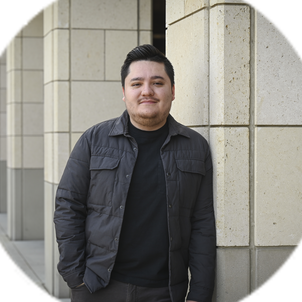In human space flight, losing a crew is the worst possible thing that can ever happen. At NASA, we spent two and a half years after the incident examining everything we did to determine what changes needed to be made in order to fly again. In addition to technical failures, we came to understand that the safety of the mission was compromised because the right conversations with the right people never quite happened.
It wasn’t hard to see that one of the issues was around inclusion. In a culture where people don’t feel like someone is going to listen, it’s hard for people to speak up, even when safety is at risk. In the aftermath of Columbia, I spent a lot of time thinking about what we could do to make every member of the team feel that their thoughts and perspectives were valued and respected, not just because it was the right thing to do, but because if employees didn’t feel they could speak up, the safety of our people was compromised.
In my leadership roles at NASA, I had the opportunity to help create a culture of inclusion. One issue we tried to raise awareness around was unconscious bias. Not whether or not people had unconscious biases, because we all do, but how to become aware of them. It’s not uncommon to have people in an organization who don’t realize that there are other people within the same organization who might have a completely different daily experience than they do. If you don’t help people become aware of this, then you really can’t take any action to foster more inclusive practices.
At the Johnson Center, one thing we did was bring in a speaker to open up a conversation on the topic of insiders versus outsiders. Framing the conversation around this concept helped people tap into a space where they could relate. Almost everybody has had an experience in their life where they felt like an outsider and can empathize through that lens.
Related spotlights

Adrienne Propp

Lara Weed

